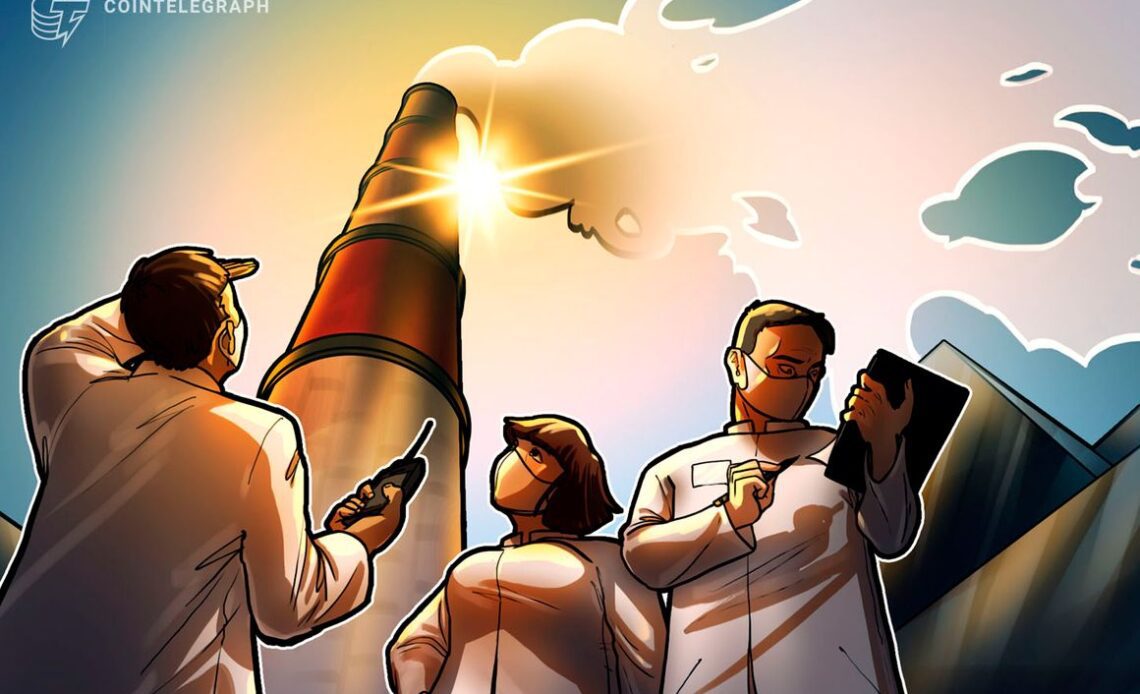There is a global consensus that greenhouse gas (GHG) emissions are warming the planet, but efforts to accurately measure, report and verify these emissions continue to challenge researchers, nonprofits, corporations and governments.
This is especially the case with “nature-based” projects to reduce carbon dioxide levels, like planting trees or restoring mangrove forests.
This has inhibited the development of a voluntary carbon market (VCM) on which carbon offset credits are traded. These “offsets” are sometimes viewed as licenses to pollute, but VCMs overall are thought to be beneficial to the planet because they help quantify the environmental impact of industrial and consumer activities and, at least indirectly, motivate companies to curb emissions.
However, VCMs have recently come under intense criticism. A nine-month investigation by the United Kingdom’s Guardian newspaper and several other organizations found that more than 90% of “rainforest offset credits” approved by the leading certification firm Verra “are likely to be ‘phantom credits’ and do not represent genuine carbon reductions.”
This finding shook the carbon trading sector, but it has also spurred some new thinking about ways to measure, report or verify the efficacy of carbon-reduction projects. Digital monitoring, reporting and verification (dMRV), for example, largely automates this process, making use of new technologies like remote sensing, satellite imagery and machine learning. DMRV also uses blockchain technology for traceability, security, transparency and other purposes.
All this is still new, but many believe dMRV can reinvigorate carbon markets following the Verra scandal. It can also compensate for a shortfall of human auditors and inspectors available globally to assess GHG projects, especially the more problematic “nature-based” projects. In addition, it can gather a broader range of data and potentially make it available in real time. Importantly, it will allow a global comparison of projects for the first time.
“A huge difference”
“DMRV will make a huge difference here, since it moves the quantitative comparison of various nature-based interventions onto a global field where they can be comparable with each other — something that is not possible in the current systems as projects self-report against their own baselines,” Anil Madhavapeddy, a professor at the University of Cambridge and director of the Cambridge Centre for Carbon Credits,…
Click Here to Read the Full Original Article at Cointelegraph.com News…
